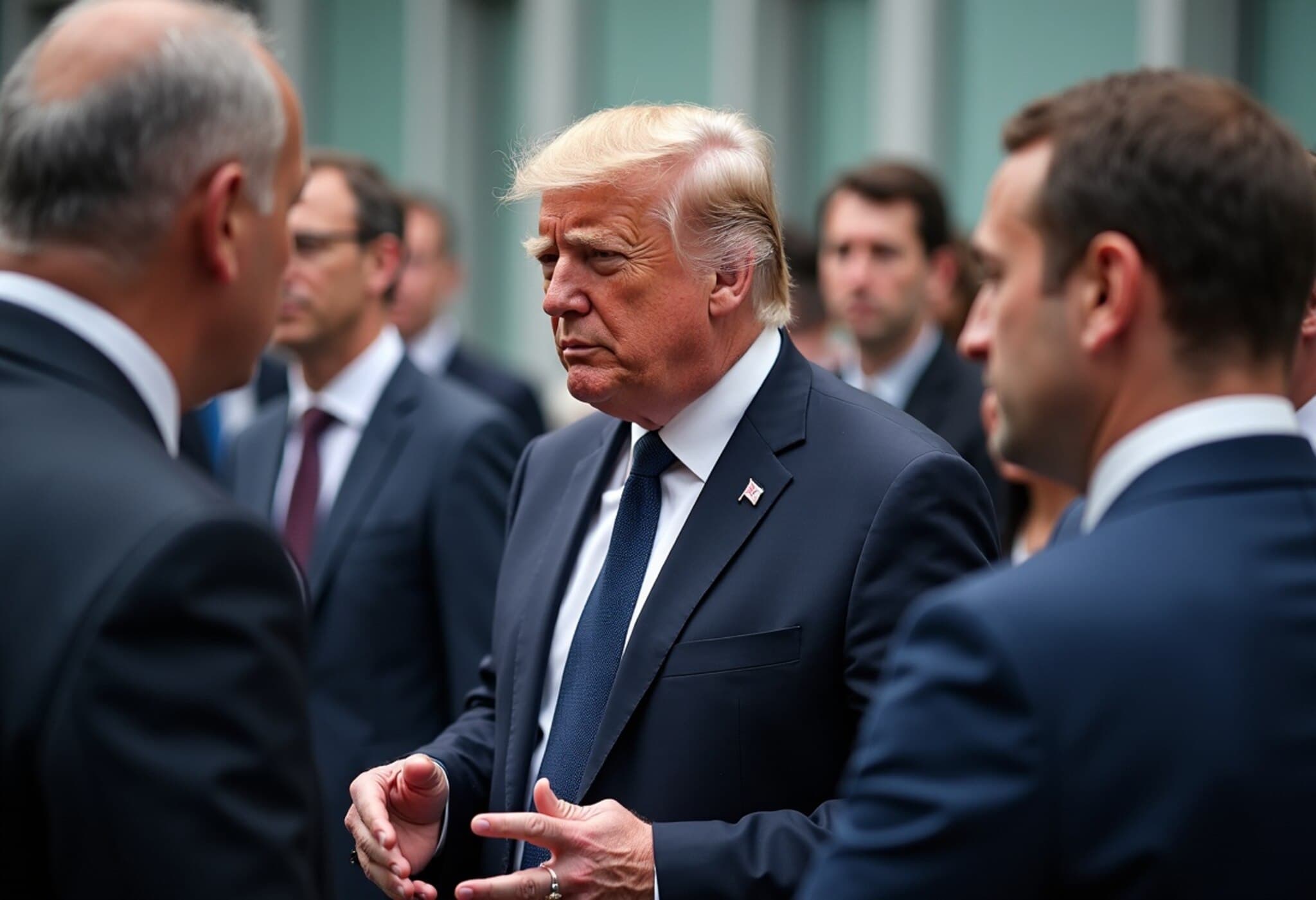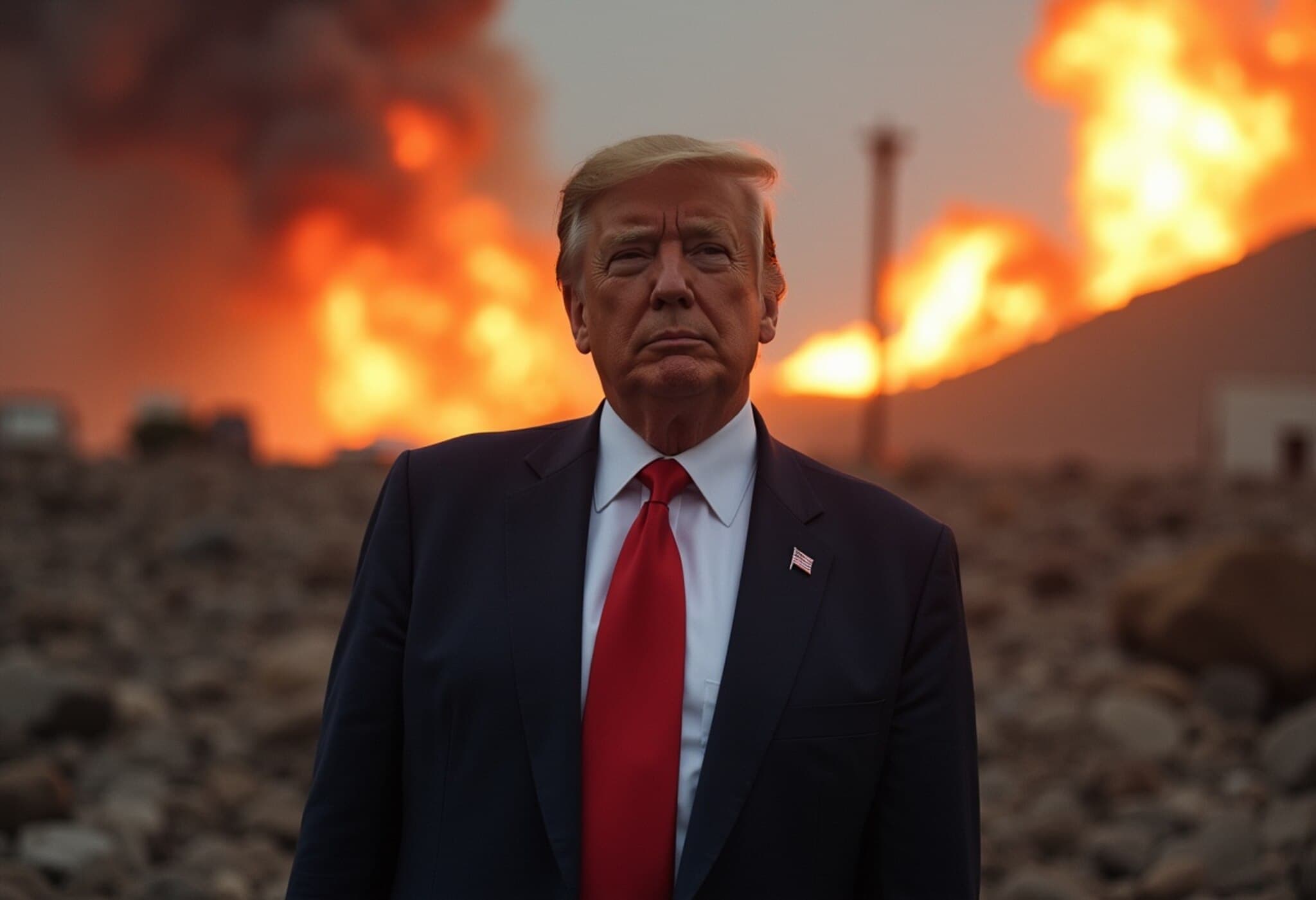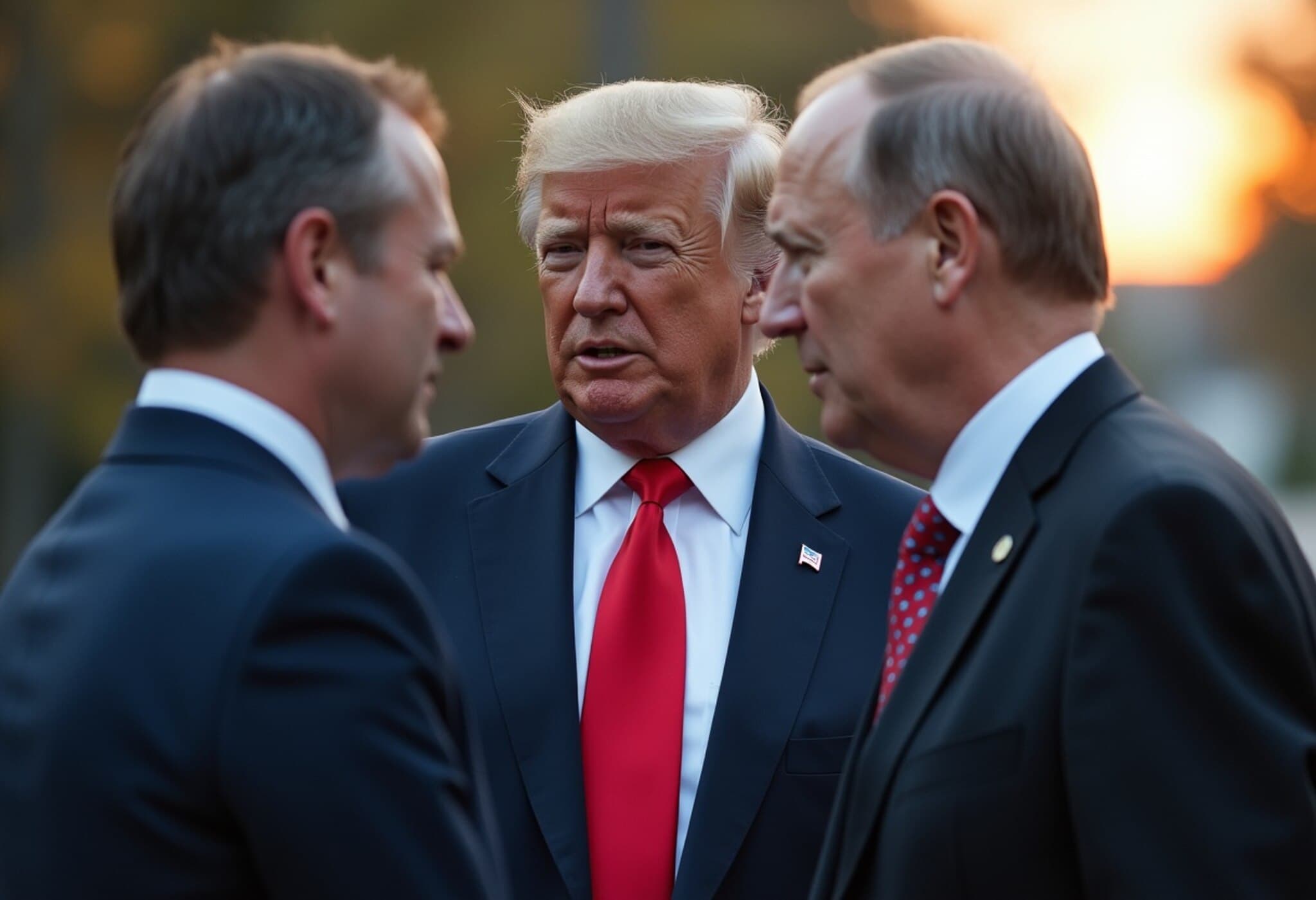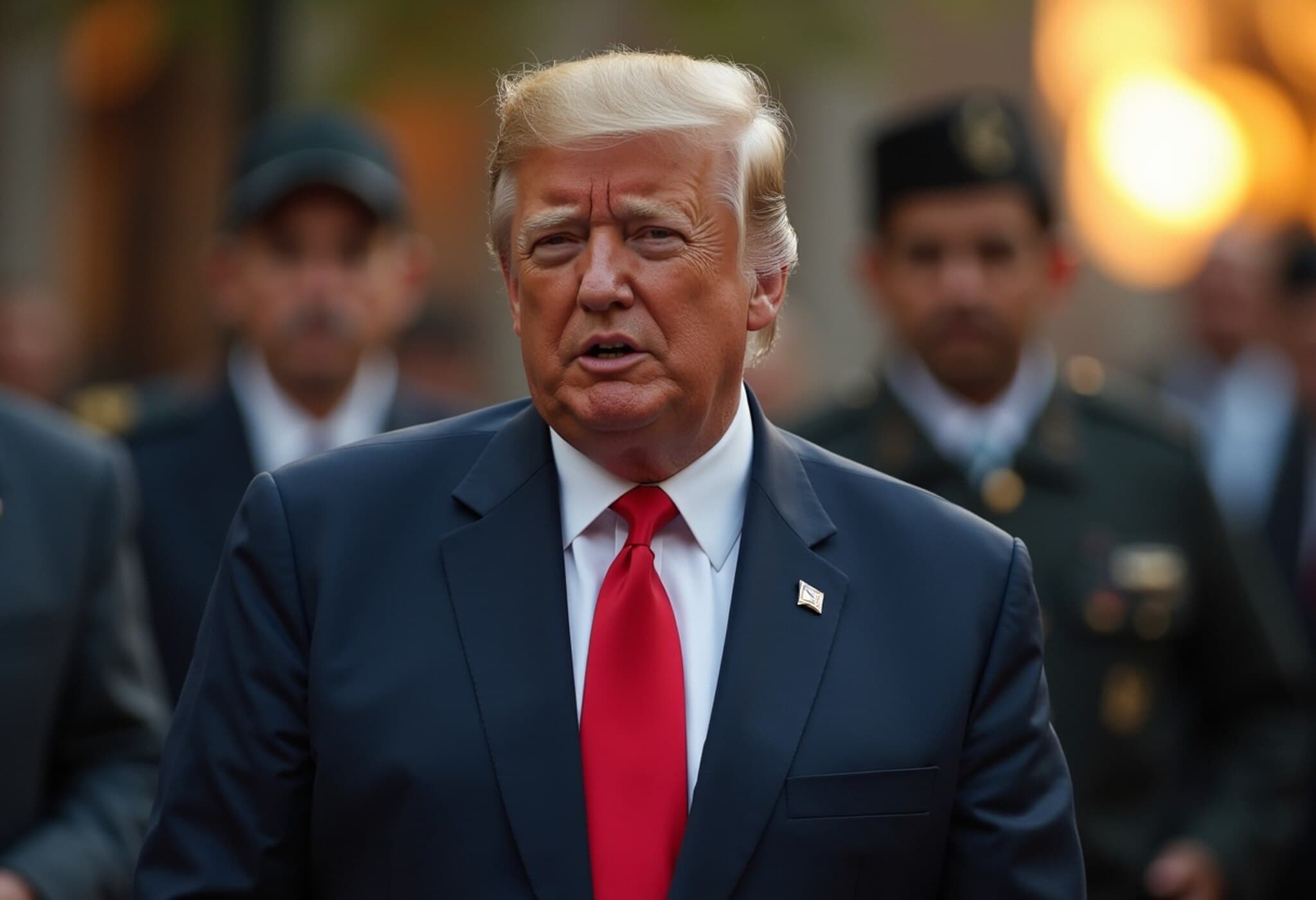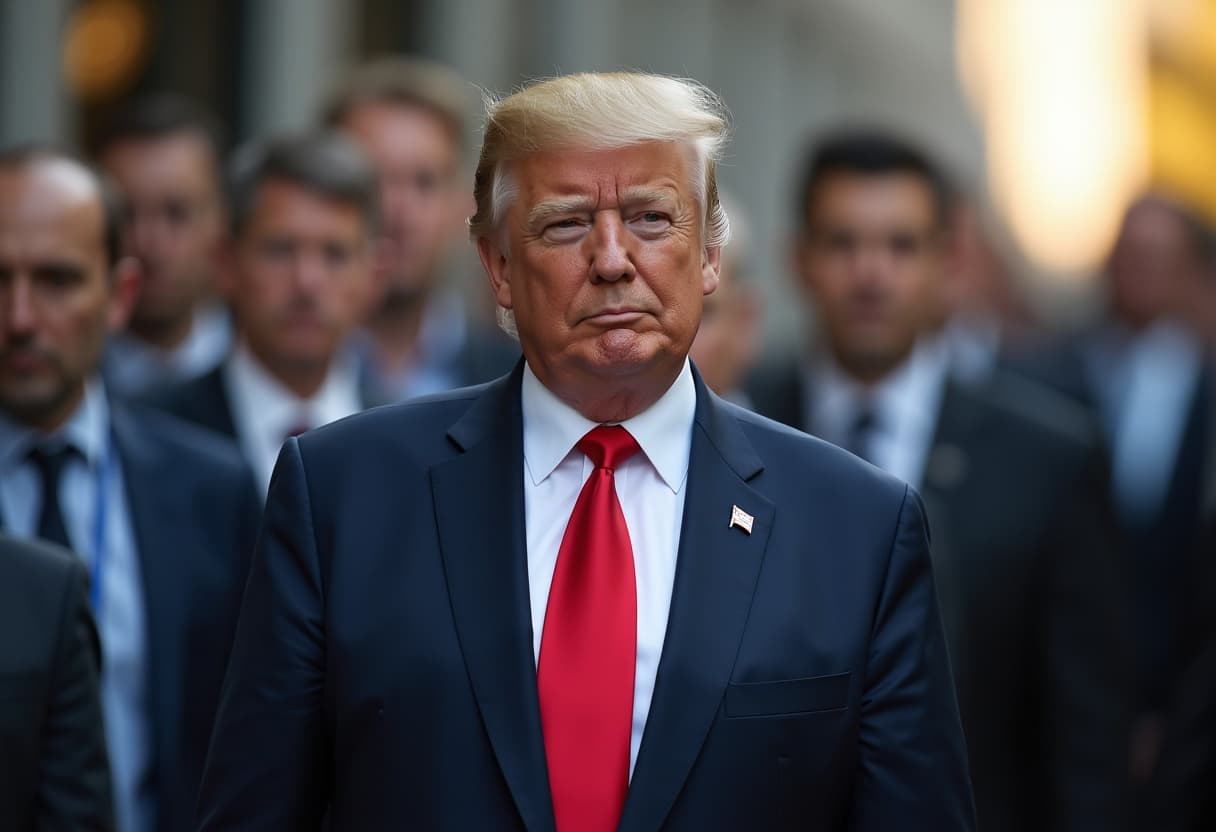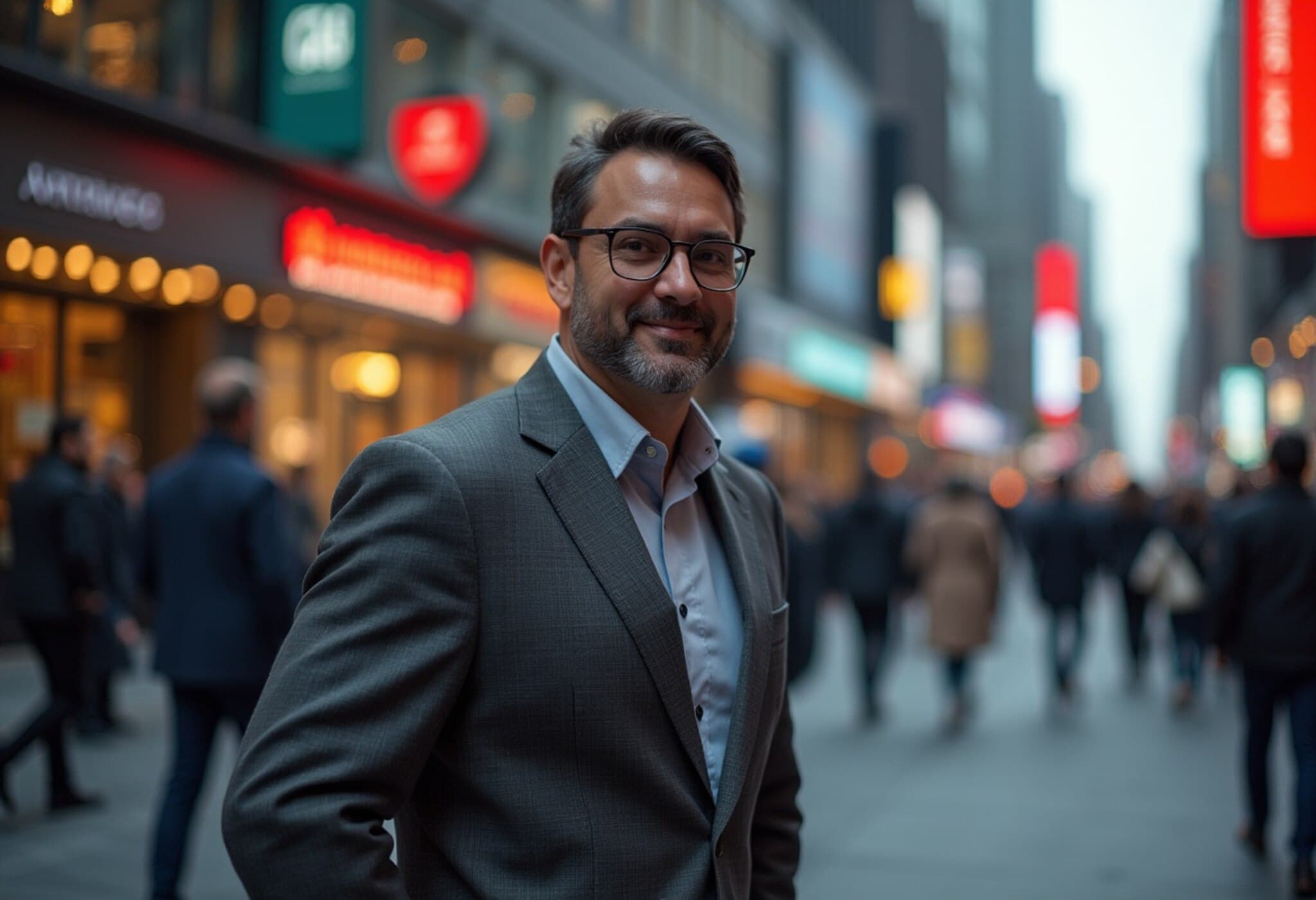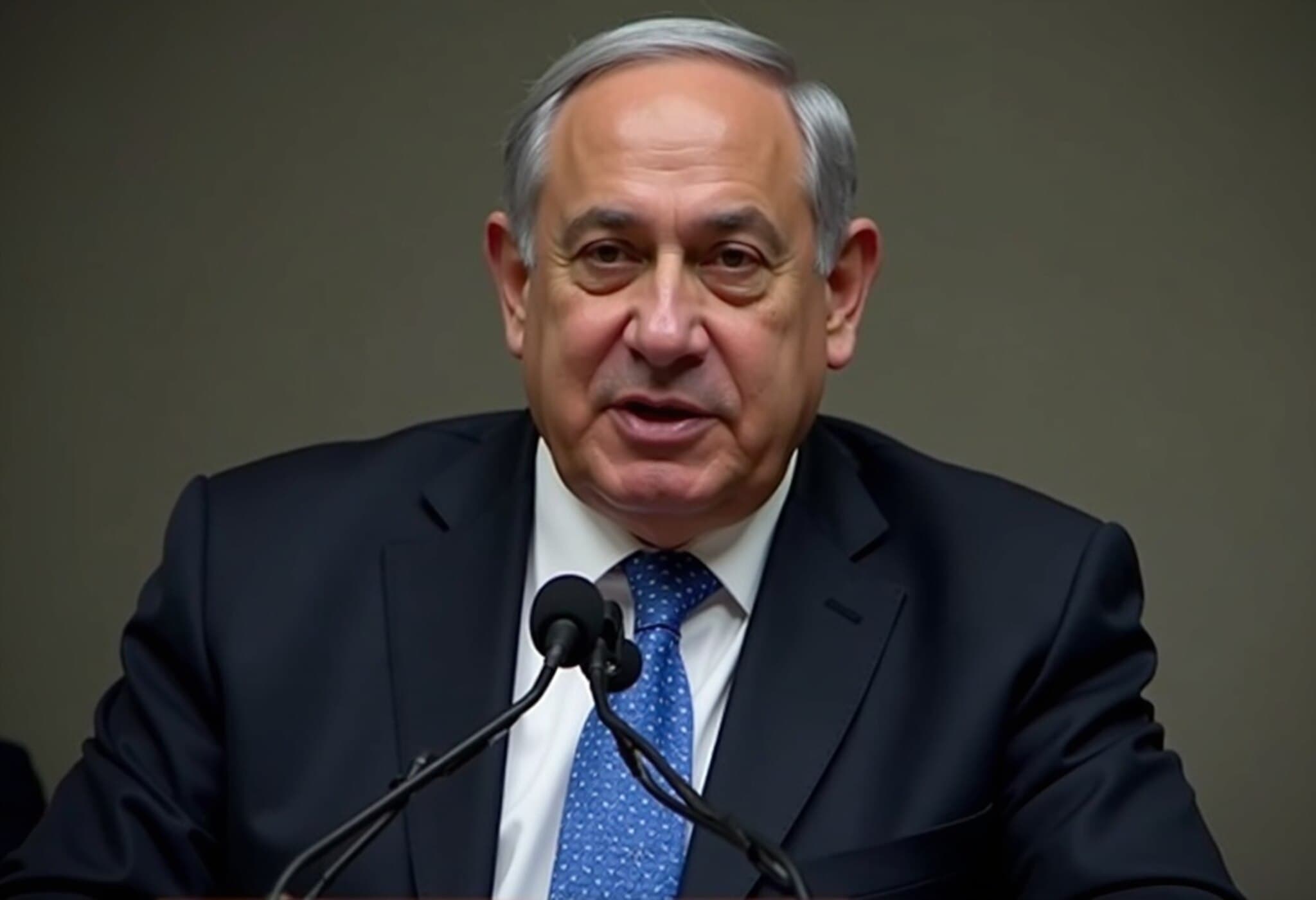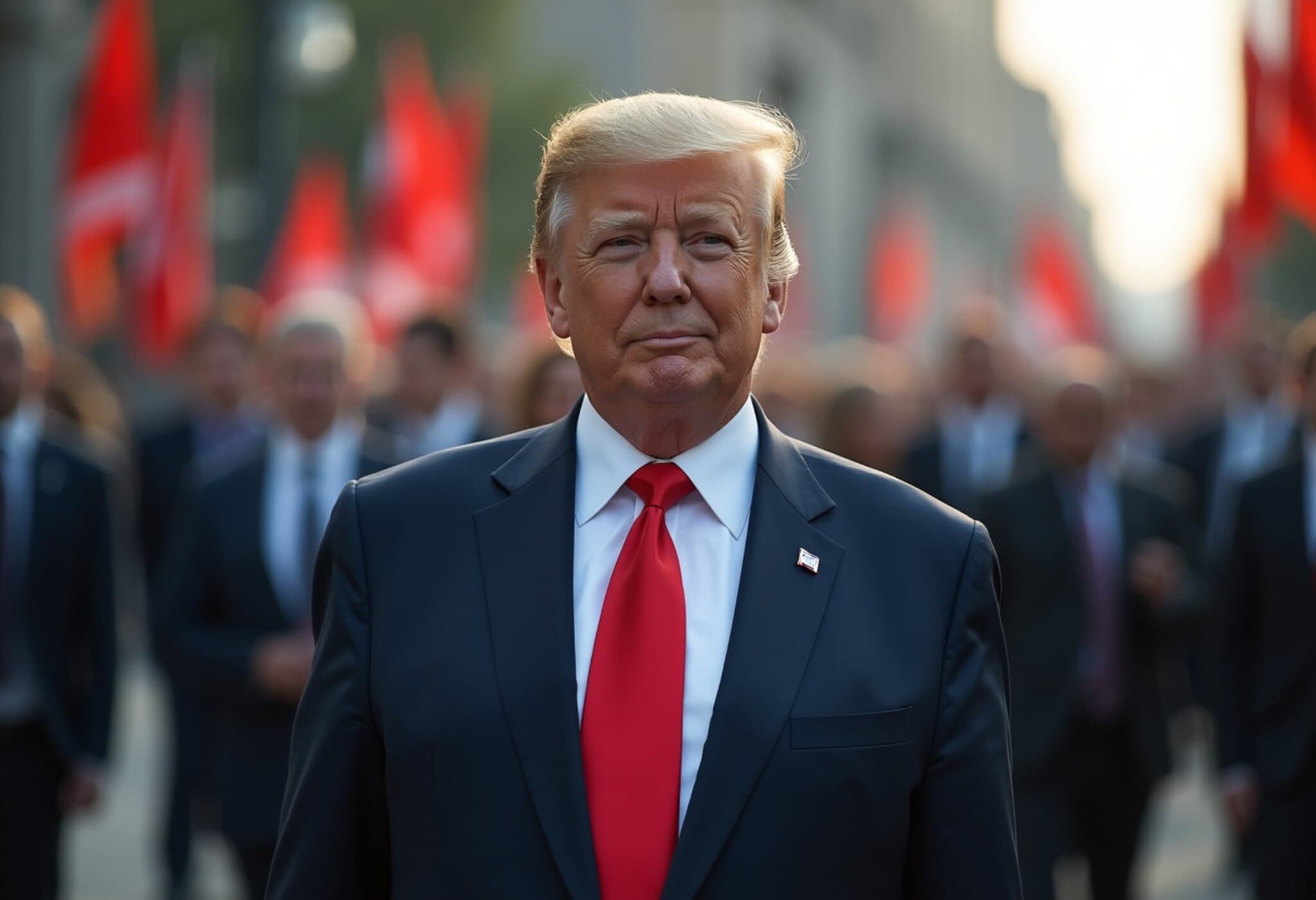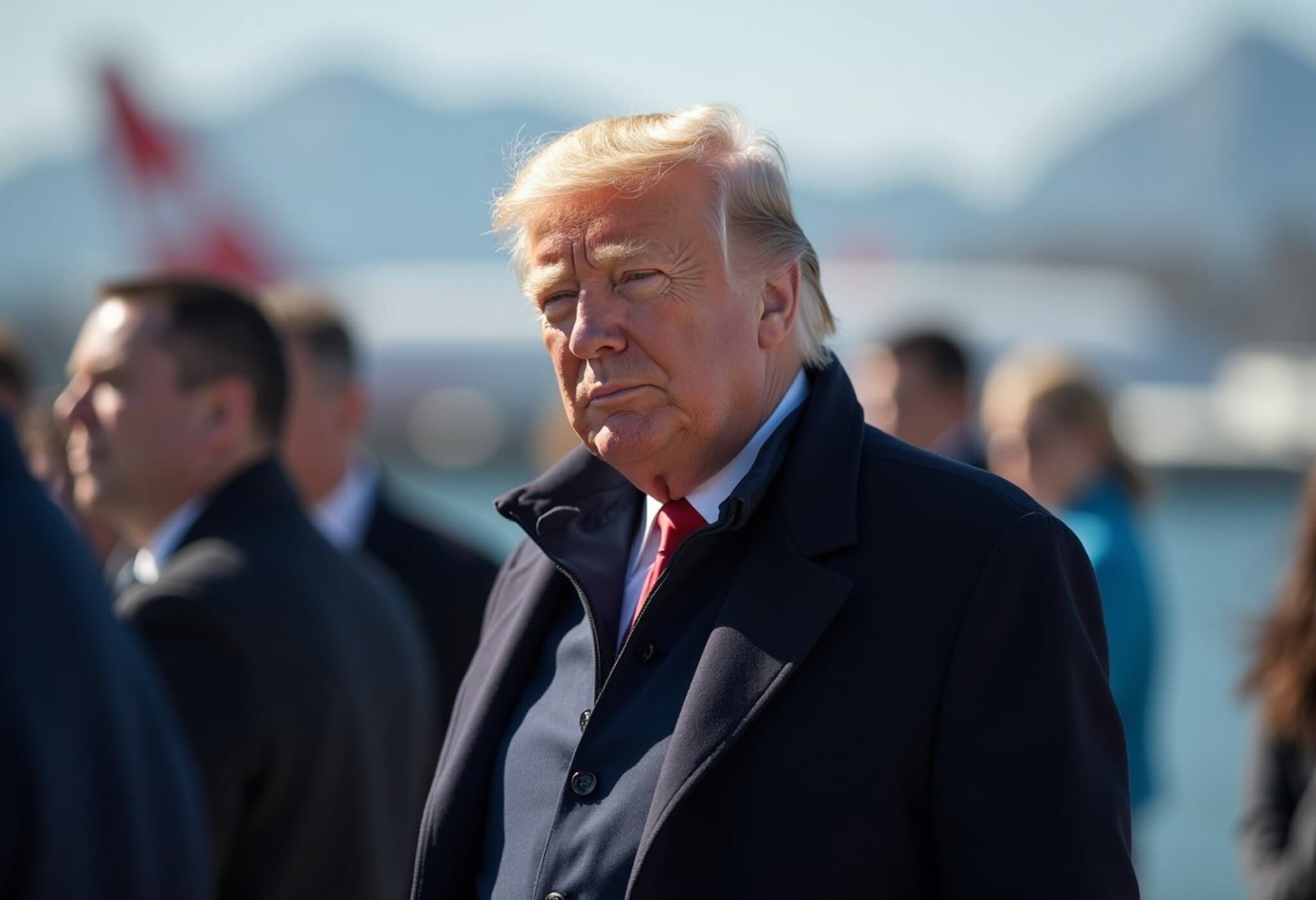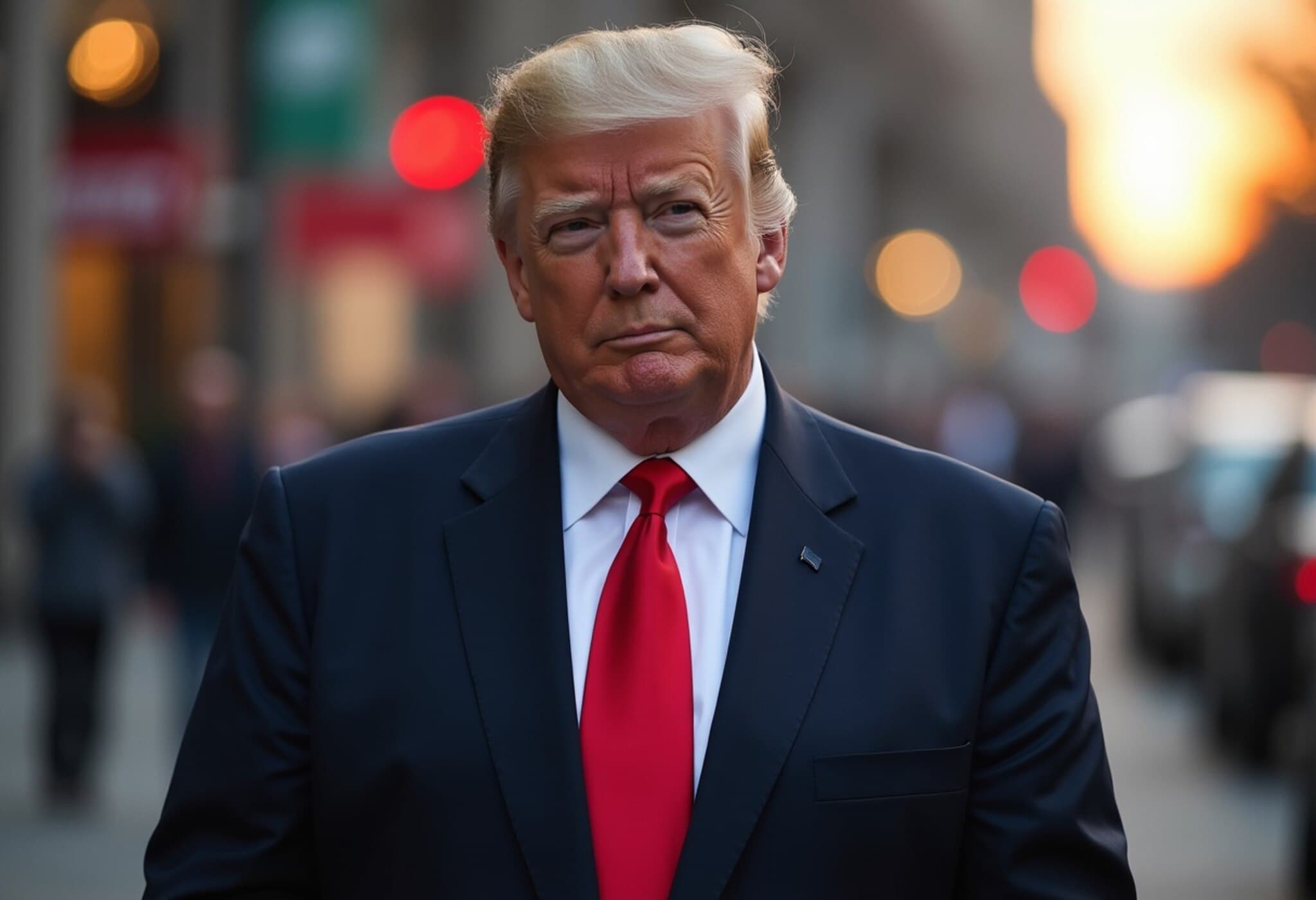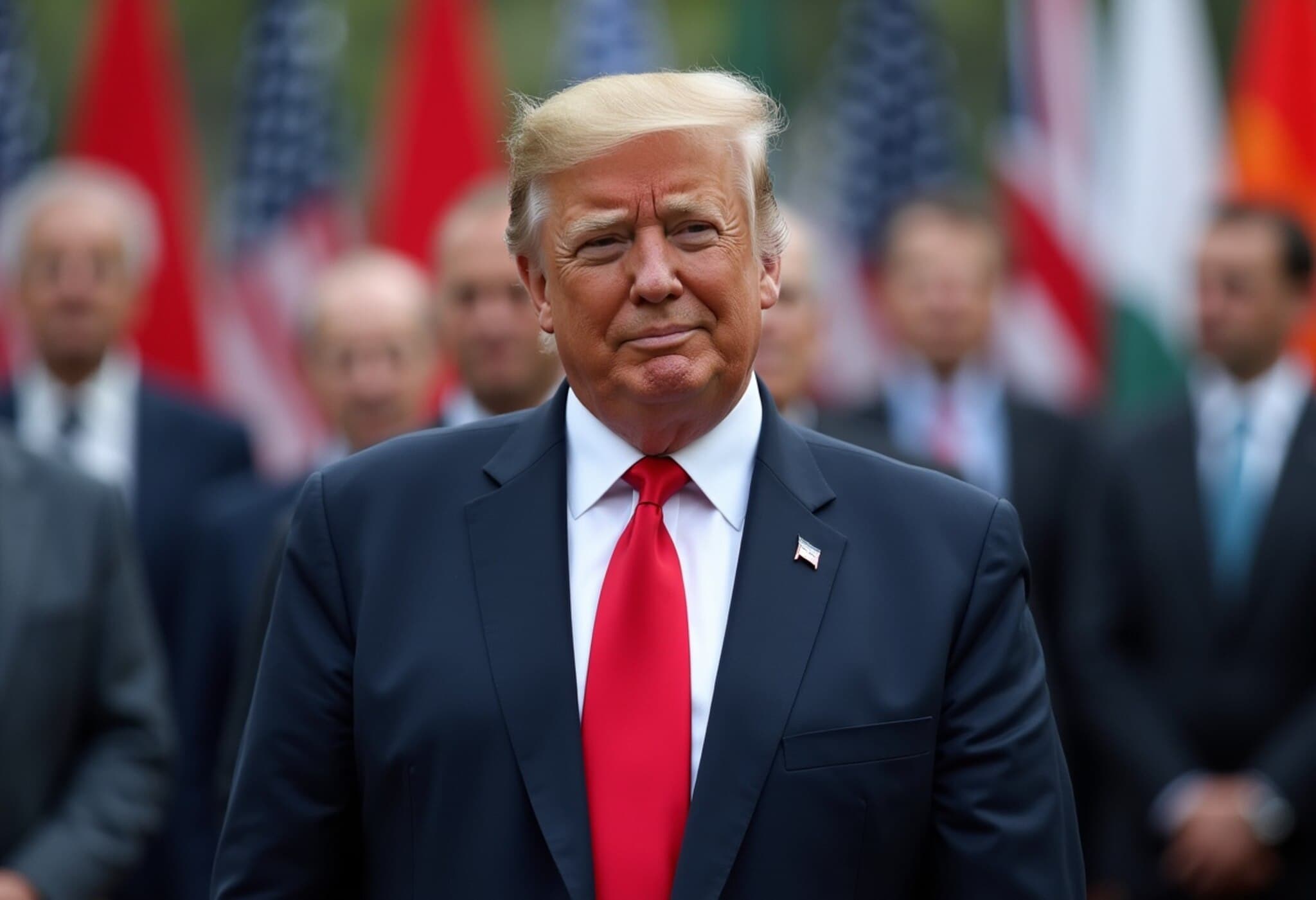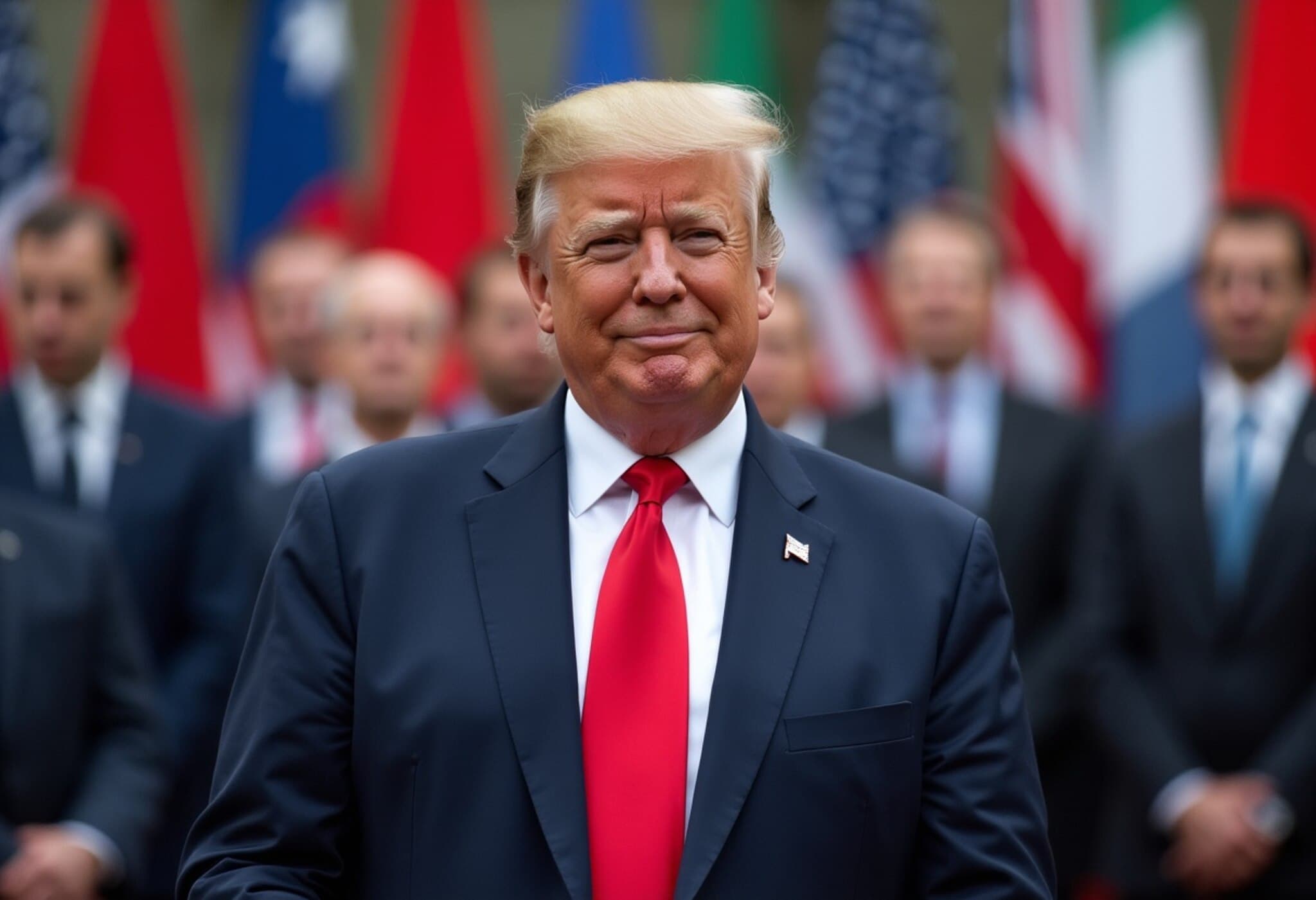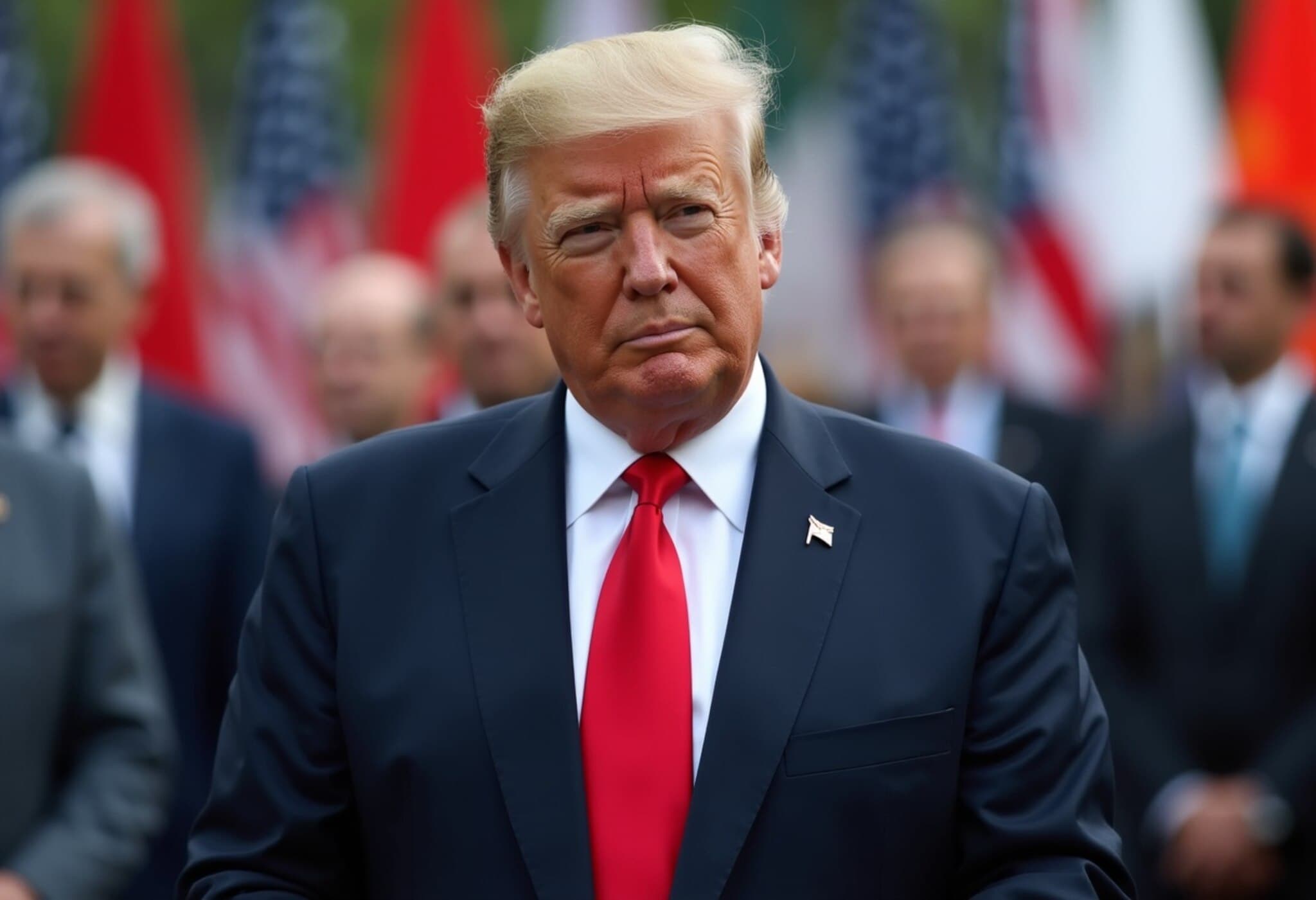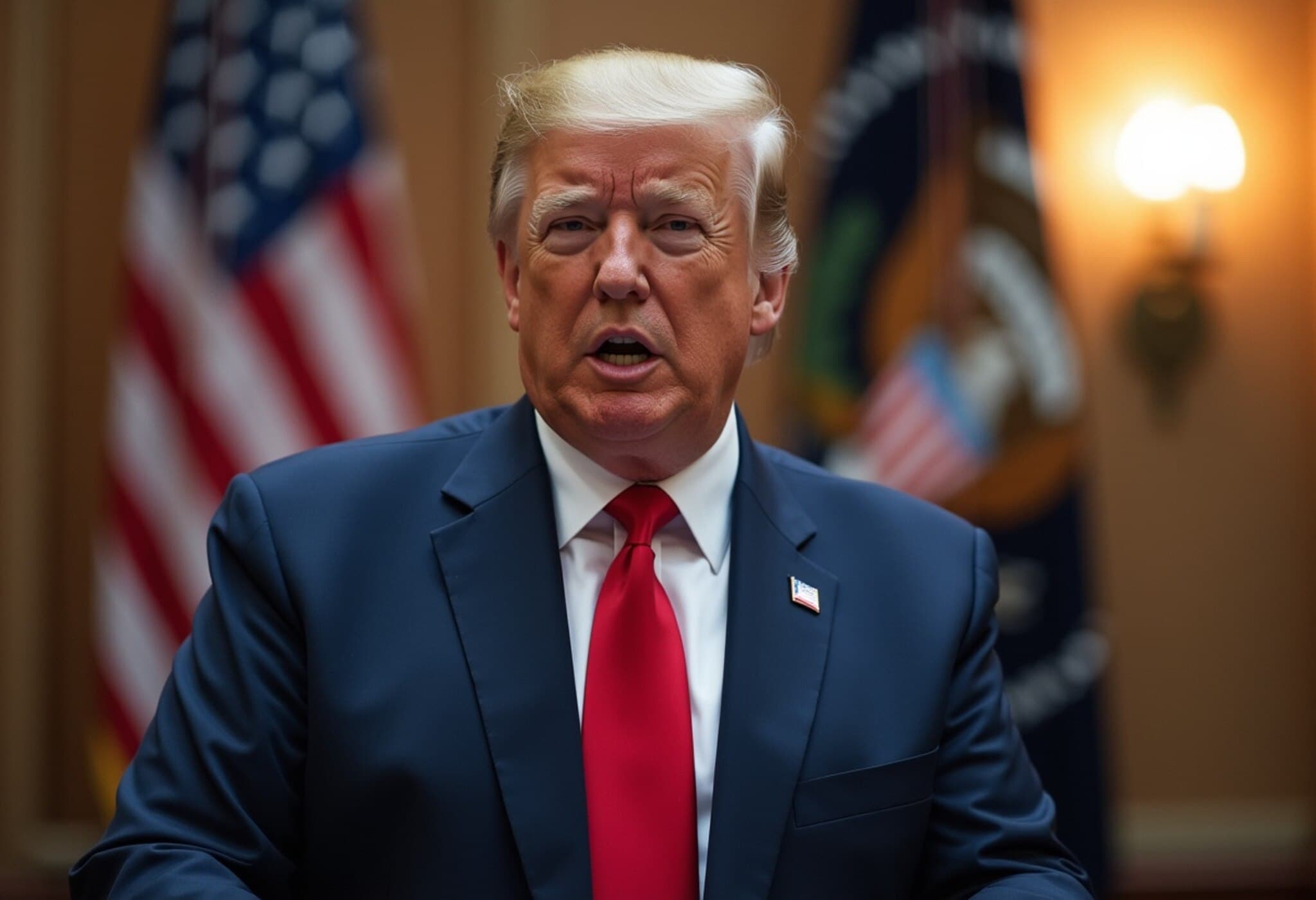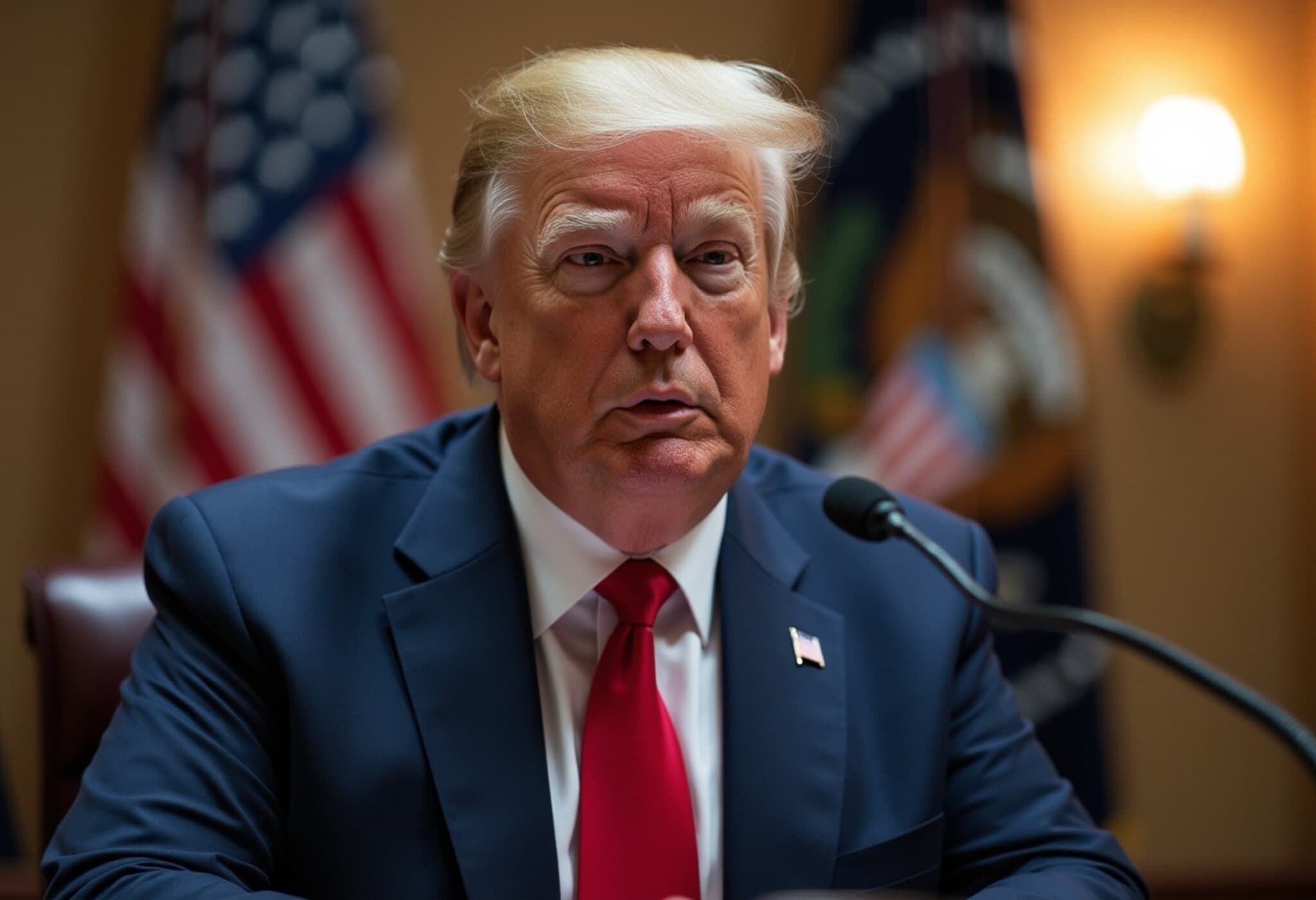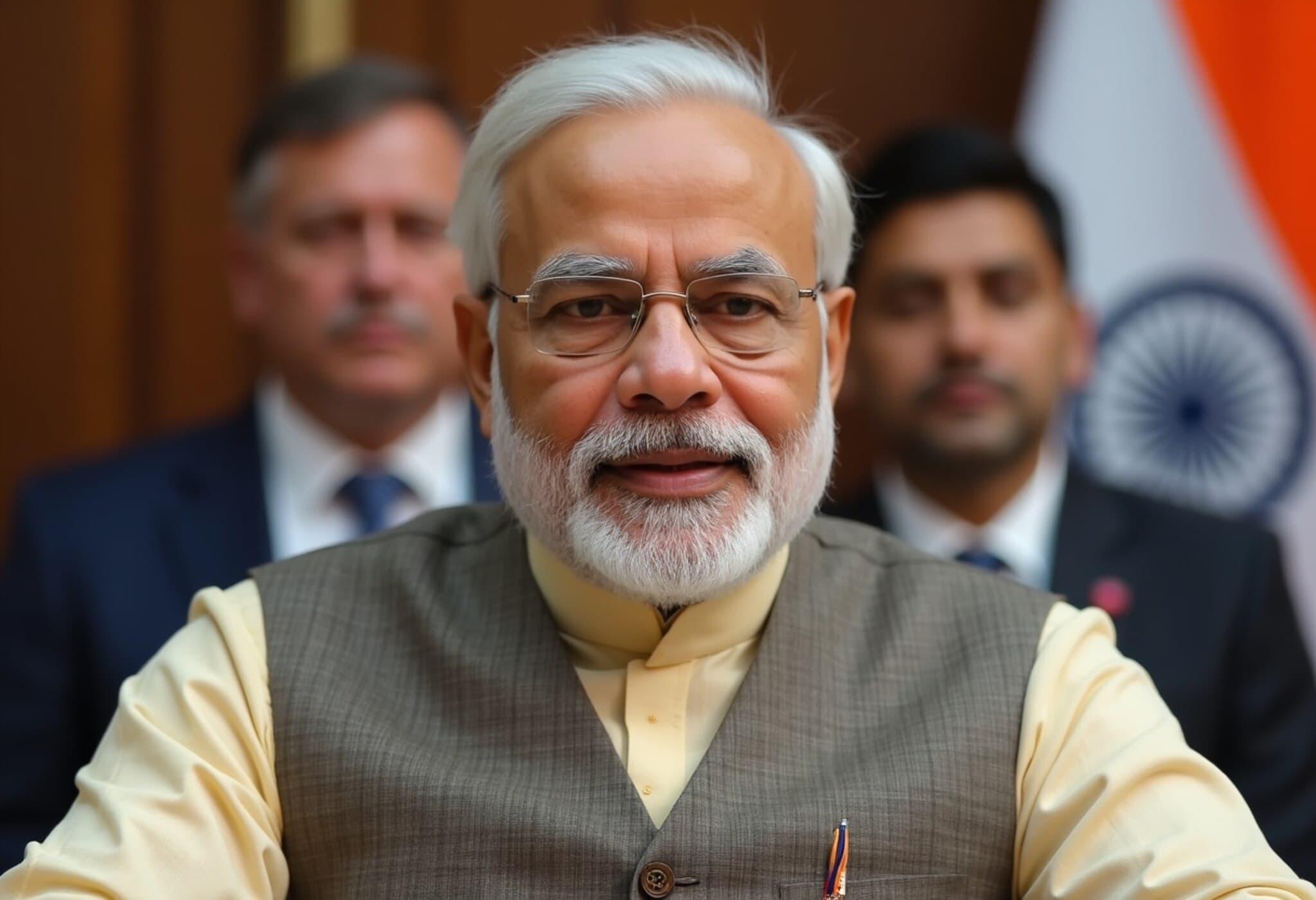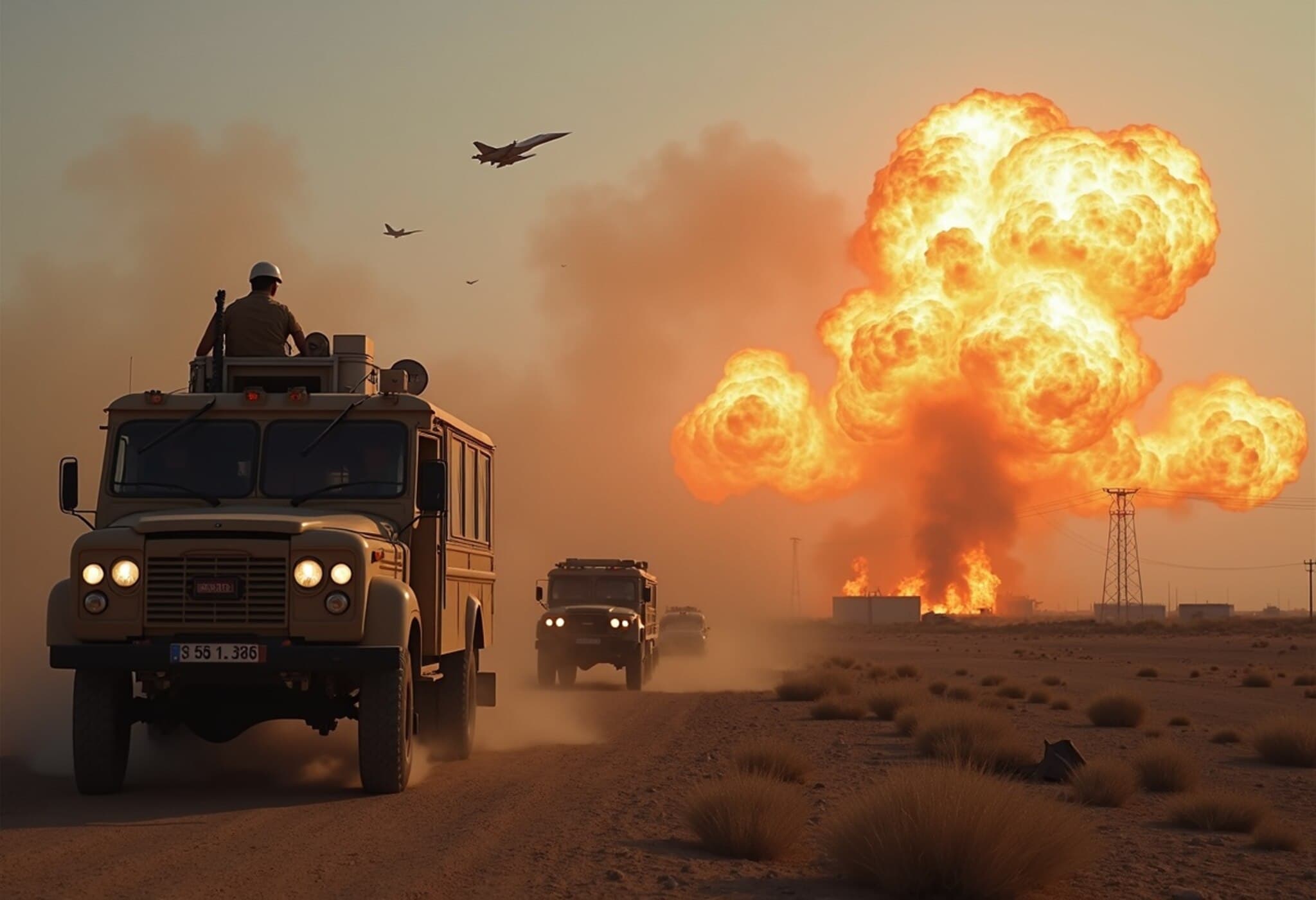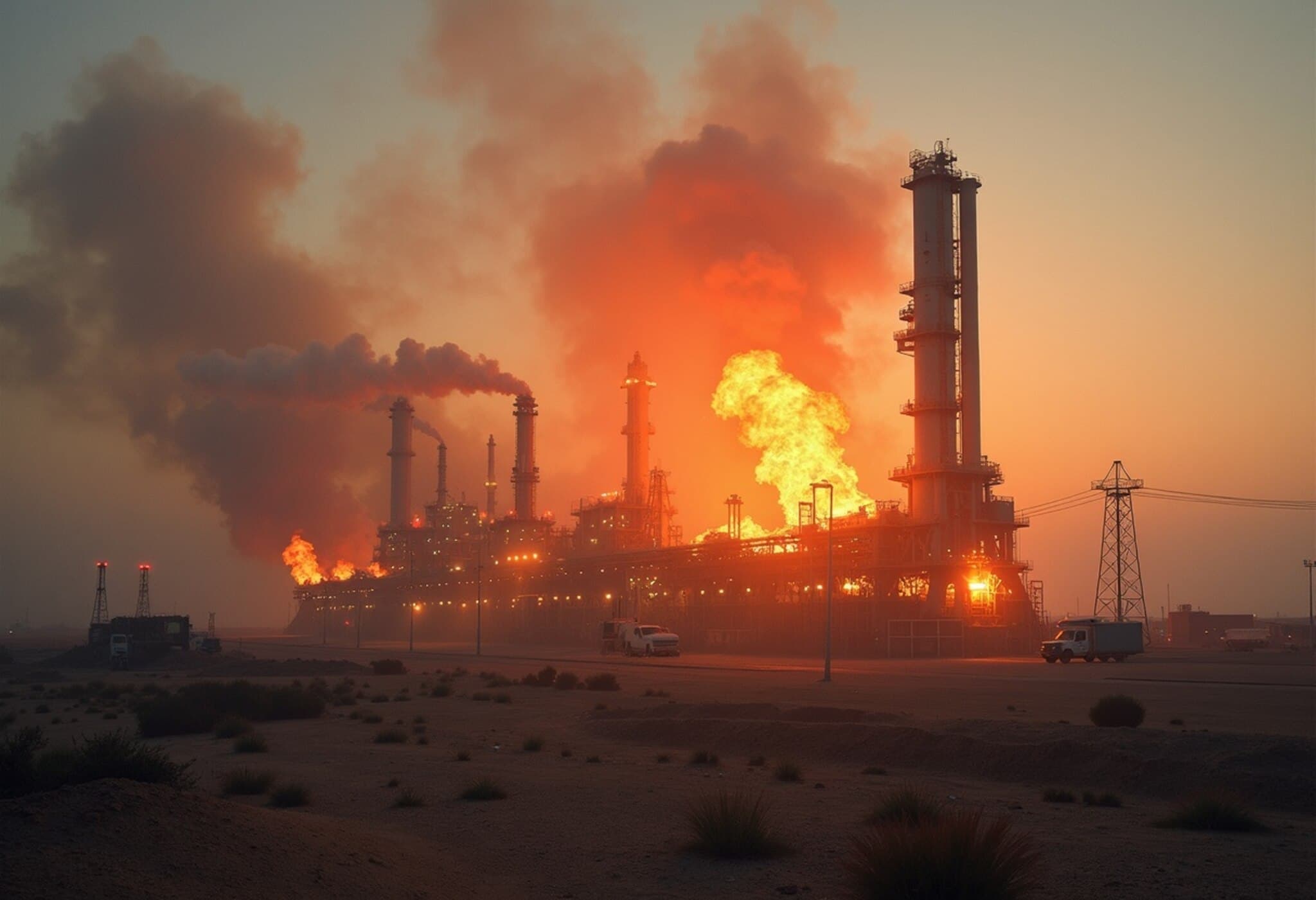G7 Leaders Convene Amid Middle East Conflict and Trade Disputes
Leaders of the world’s leading industrialized nations arrived in the Canadian Rockies Sunday for the annual Group of Seven (G7) summit, a gathering this year heavily overshadowed by escalating turmoil in the Middle East and lingering trade tensions involving the United States.
Recent Israeli airstrikes on Iran and Tehran's retaliatory actions have taken many world leaders by surprise, signaling a dramatic shift toward greater global volatility. These developments come as the U.S., under President Donald Trump, seeks to step back from its traditional role as a global enforcer of peace and stability.
Britain’s Diplomatic Efforts and Military Support
British Prime Minister Keir Starmer, en route to the summit, highlighted his discussions with Trump, Israeli Prime Minister Benjamin Netanyahu, and other leaders aimed at de-escalating tensions. The United Kingdom is also bolstering its presence in the region by deploying Royal Air Force jets and other military resources.
Starmer emphasized the delicate balance at play, recognizing Israel’s right to self-defense while warning of the substantial risks of wider conflict. "There is a huge risk of escalation for the region and beyond," he said, anticipating intense diplomatic talks during the summit.
Trump’s Unpredictability Clouds the Summit
Canadian Prime Minister Mark Carney, hosting the summit, made the unprecedented decision not to issue a joint communiqué at its conclusion — a reflection of uncertainty surrounding U.S. participation. With Trump’s ongoing threats of tariffs and provocative remarks, including suggesting Canada become the 51st U.S. state and interest in Greenland, the summit’s cohesion is under strain.
French President Emmanuel Macron, known for his complex rapport with Trump, underscored the stakes by visiting Greenland to engage with local leaders and Denmark’s prime minister, signaling the geopolitical sensitivity of Arctic interests amid American ambitions.
Despite Macron’s past efforts to engage Trump diplomatically, French and European Union complaints persist over the looming tariffs, while security guarantees for Ukraine remain uncertain, even as Macron and Starmer push to form a coalition to support post-ceasefire stability.
A Focus on Bilateral Talks and Dealing with Trump’s Style
Trump is considered the summit’s wild card. Many leaders prefer one-on-one meetings with him rather than large multilateral discussions, as bilateral encounters have proven contentious in the past. Trump’s assertive, sometimes aggressive, negotiation style has reportedly unsettled leaders like those of Ukraine and South Africa.
Former Canadian Prime Minister Jean Chrétien advised that the best approach to Trump’s confrontational tactics is calm persistence, stating, "He tends to be a bully... If Trump wants to make a show, let him do it and maintain normal dialogue." This counsel underscores the challenge leaders face balancing firmness with diplomatic composure.
Key Issues: Ukraine, Trade, and Sovereignty
Trade remains a thorny subject. The U.S. and the UK recently agreed on a deal to reduce American tariffs on British autos, steel, and aluminum, though implementation is pending and concerns linger over possible reversals by the Trump administration.
Starmer’s engagement with Trump has put him in a delicate position relative to Canada, especially given Trump’s public comments about Canadian sovereignty. When questioned, Starmer firmly reaffirmed Canada’s status as an independent, sovereign nation and a valued Commonwealth member.
Ukraine will also feature prominently on the agenda, with President Volodymyr Zelenskyy attending the summit and expected to meet Trump. Their anticipated interaction follows a tense previous exchange that revealed the difficulties of engaging with the U.S. administration.
G7 Expansion and Diverse Perspectives
Aside from the core G7 nations—Canada, France, Germany, Italy, Japan, the United Kingdom, and the United States—leaders from India, Ukraine, Brazil, South Africa, South Korea, Australia, Mexico, and the United Arab Emirates have been invited, reflecting a broader global dialogue.
German officials cautioned against framing the summit as a division of six nations against one—the U.S.—highlighting differing priorities among all participants and the unpredictable nature of American policy based on shifting moods and the president’s drive for media attention.
Looking Ahead
The summit kicked off with bilateral meetings Sunday and is scheduled to fully commence Monday. The spotlight will be on how these world leaders navigate the complexities of rising geopolitical conflicts, fragile trade relations, and the unpredictability of the U.S. presidency, all under the shadow of mounting global challenges.

